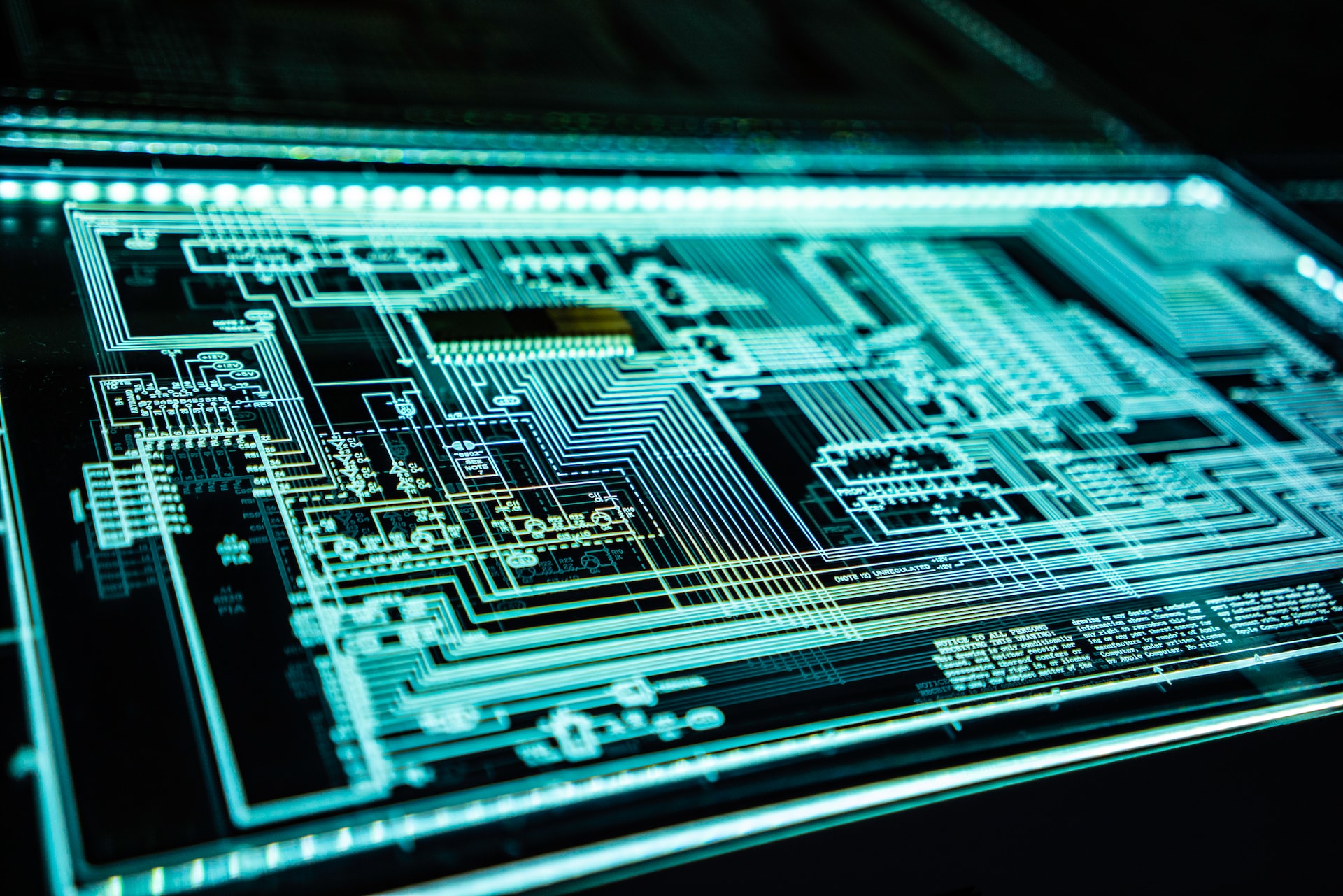In an age where fraudsters are always devising new ways to compromise personal and commercial data, it is more critical than ever to discover strategies to boost cybersecurity within your organization. So, how do you pick a cybersecurity solution that can safeguard your organization while also giving you the freedom and mobility you need to grow?
When it comes to your small or medium-sized business, cyber security is essential. Fortunately, by utilizing key security planning considerations like regular data backups, firewalls, anti-malware software, and swipe card reader systems, any SMB can be prepared for a cyber-attack.
Continue reading to learn more about key security planning considerations for your SMB, including swipe card reader systems, anti-malware software, firewalls, cyber security record keeping, and more.
What Are Considered the Top 5 Key Security Planning Considerations for Your SMB?
1. Swipe Card Reader Systems
Restricting unauthorized personnel’s access to corporate computers and accounts is one of the best ways to reduce risks in a small organization. This implies that even a trusted employee should not be given access to systems or information that they are not normally authorized to use. This is why individual logins for workers are essential, as is maintaining a policy that prohibits them from sharing their login with others.
Overall, making it more difficult to access data or equipment is one of the simplest ways to lessen the risk of theft. For example, consider installing an access control system to better limit access to certain areas of the facility.
Swipe card reader systems are also a great way to force employees to use a key card to access a specific room or files online. These security cards also work as an excellent extra measure to let the right people in and to keep the wrong people out.
2. Anti-Malware Software
It’s easy to think that your staff are aware that they should never read phishing emails, but, unfortunately, most employees still open spam emails. Considering phishing attempts entail the installation of malware on the employee’s computer when the link is clicked, anti-malware software should, therefore, be installed on all devices and the network in order to help protect both your personal and professional data.
3. Firewalls
A firewall is one of the most common lines of defence in a cyber-attack. The Federal Communications Commission (FCC), therefore, recommends that all SMBs install a firewall to protect their data from attackers.
In order to protect their online data, many businesses are beginning to install internal firewalls in addition to the traditional external firewall to give additional security.
It is also critical that employees who work from home establish a firewall on their home network. After all, providing firewall software and home network assistance helps to ensure comprehensive cyber protection and security.
4. Keep Records of Your Cybersecurity Procedures
Another key security planning consideration for your SMB includes keeping records about your information processing and storage procedures.
For example, if you utilize vendors to process information, be sure they treat it with care and keep it safe by performing the necessary due diligence. Contracts with suppliers should also contain guarantees that they will abide by all applicable national data protection laws and have the necessary safeguards in place to protect data.
To guarantee the highest security, records should be classified based on how important the information is. Take note, that various documents must also be kept for a specific period of time in accordance with privacy and information regulations, as well as compliance standards in your industrial sector.
5. Complete Regular Data Backups
Despite taking all necessary safeguards, breaches are still possible, thus it’s crucial to block as many assaults as you can. As a result, word processing files, electronic spreadsheets, databases, financial files, human resources files, and accounts receivable/payable files should all be backed up on a regular basis.
When completing these regular data backups, be careful and make sure you back up all cloud-stored data as well. For safety, it is also important to make sure a copy of your backup files are kept in a separate secure area.
One should also check their backup frequently to make sure it is operating properly so you can be sure you have the most recent copy of the document you need.



 Bitcoin
Bitcoin  Ethereum
Ethereum  Tether
Tether  XRP
XRP  Solana
Solana  USDC
USDC  TRON
TRON  Cardano
Cardano  Lido Staked Ether
Lido Staked Ether  Avalanche
Avalanche  Toncoin
Toncoin